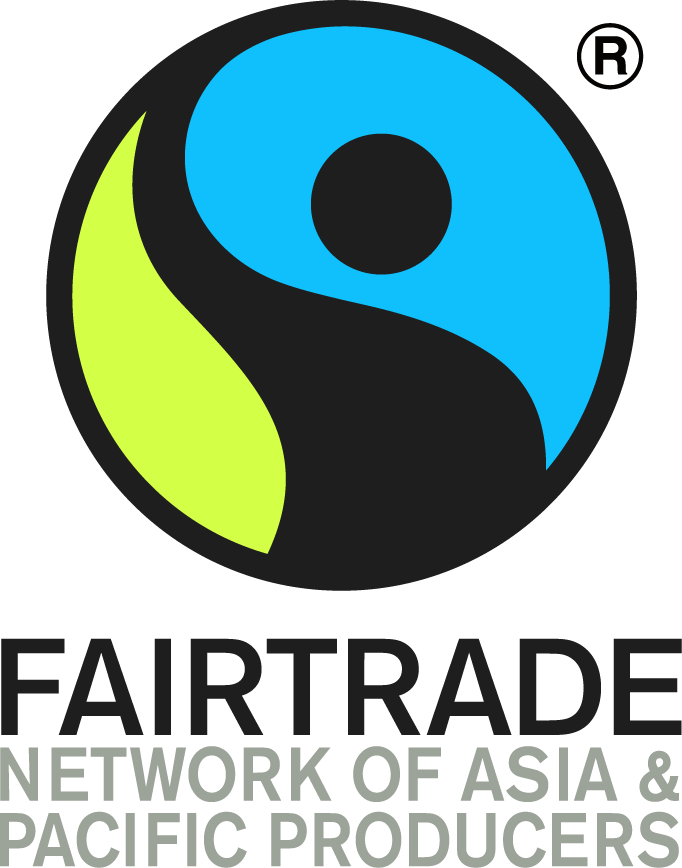Rice
Fairtrade rice from Asia goes beyond being a staple food; it represents the hard work and dedication of small-scale farmers in Thailand, India, and Pakistan who cultivate rice using sustainable methods. Each purchase ensures that farmers receive fair prices, safe working conditions, and investment in their communities through the Fairtrade Premium.


Current challenges
Despite its status as a dietary cornerstone, the rice production sector contends with pressing issues that demand attention.
- Labour Struggles: Farmers often contend with insufficient income that fall below the poverty line, coupled with demanding work hours and precarious employment conditions. The prevalence of short-term contracts exacerbates the vulnerability of the workforce, mirroring issues seen in other agricultural industries.
- Water Scarcity and Irrigation Issues: Rice cultivation is heavily reliant on water, and in many regions, water scarcity poses a significant challenge. The extensive use of water for irrigation can lead to the depletion of water resources and conflicts between agricultural needs and the broader community. Implementing efficient irrigation systems and water management practices is crucial for sustainable rice farming.
- Climate Vulnerability: Rice production faces the challenges of climate change, including altered weather patterns, rising temperatures, and increased frequency of extreme events. These factors pose risks to yields and necessitate adaptive measures to secure a stable rice supply in the face of a changing climate.
- Post-Harvest Losses and Storage Challenges: After harvesting, rice is susceptible to post-harvest losses due to factors such as inadequate storage facilities, pests, and fungal infections.
WHY CHOOSE FAIRTRADE CERTIFIED RICE?
Fairtrade rice empowers farmers in Asia by ensuring they are paid fairly for their labour, while also promoting environmental sustainability. Fairtrade certification helps farmers improve their rice farming techniques, use eco-friendly practices, and strengthen their cooperatives.
- Fairtrade Minimum Price: Fairtrade rice farmers get a more stable and fairer price for their crops through the Fairtrade Minimum Price. Those with both Fairtrade and organic certification get even more.
- Fairtrade Premium: Producers decide for themselves how to spend the Fairtrade Premium, whether investing in their business, farming, community or environmental projects that matter most to them.
- Support for small scale producers: Fairtrade also works with rice farmers in India who don’t yet have the structures needed to get certified as small producers. Instead, they have formed contract producer organisations, selling their rice to an intermediary that supports them to become Fairtrade small producer organisations over time.
- Climate resilience: Fairtrade provides training and support on sustainable rice farming, including better use of water resources, salt-resistant crop varieties and diversifying into climate-resilient income streams.
- Stronger together: Fairtrade’s approach also fosters stronger farmer organisations, which are better suited to implement collective improvements such as communal water management and crop processing facilities.
Support Farmers. Choose Fairtrade Rice
By purchasing Fairtrade rice, you’re directly supporting smallholder rice farmers in Thailand, India, and Pakistan who are committed to sustainable farming practices. Your choice contributes to fair prices, community development, and environmental protection.
For more information write to us at comms@fairtradenapp.org
